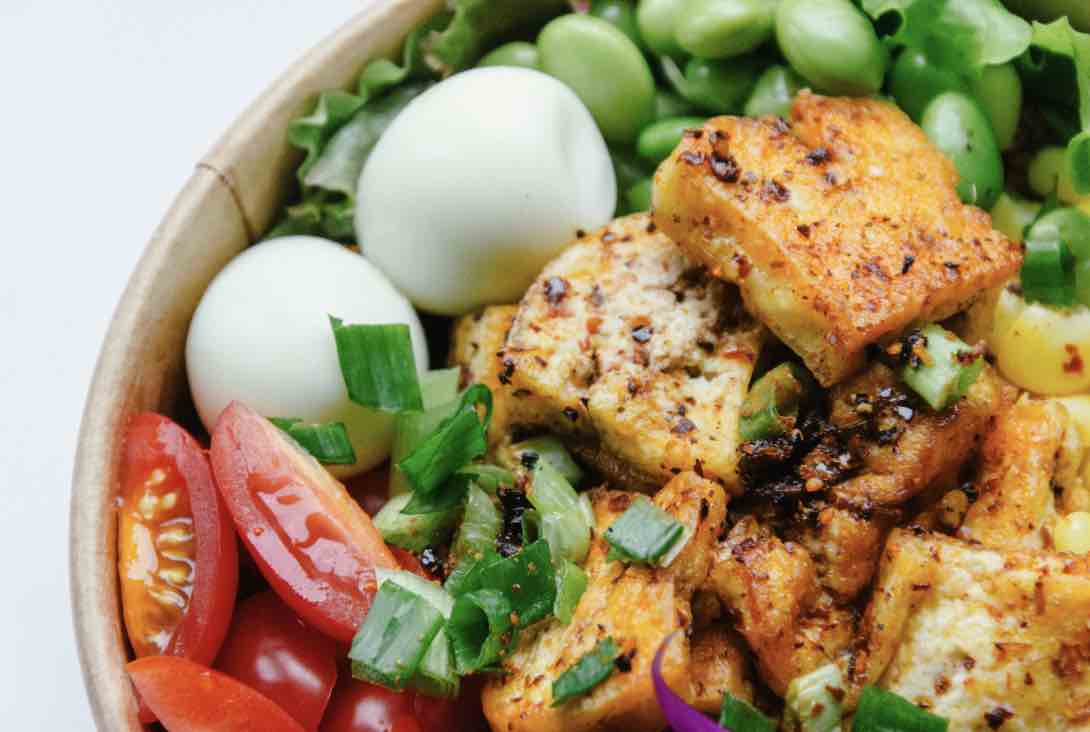
When we think of nutrition, we often associate it with strict diets, calorie counting, and restrictive eating. Unfortunately, this perception has caused anxiety and shame around our eating habits. But what is a holistic approach to nutrition, and what does a Holistic Nutritionist actually do?
First, let’s address the calorie counting myth. The idea of counting calories to achieve better health has been around for quite some time, gaining popularity in the 1920s. However, it’s essential to understand that a calorie is merely a measure of heat, originally used in engineering and physics. It wasn’t intended for determining our nutritional needs. Counting calories often overlooks the body’s natural response – as we eat less, our metabolism slows down, and our body stores fat, making weight loss difficult. Moreover, it’s challenging to accurately count calories because everyone’s body is unique. This approach creates a negative relationship with food, which is counterproductive. Holistic nutrition, in contrast, encourages the enjoyment of real, nourishing foods. We want you to feel good and have fun while improving your health.
A fundamental aspect of holistic nutrition is body awareness. We aim to empower you to understand your body’s signals before you become unwell. Many people overlook their body’s cues, such as hunger or thirst. The body constantly sends signals, but we must be conscious enough to notice them.
Eating intuitively is another key principle. It might sound unconventional, but it becomes easier when you are in tune with your body and know which foods energize you. Intuitive eating isn’t about restriction; it’s about recognizing how specific foods make you feel both physically and mentally. For example, when you feel tired and reach for a chocolate bar, consider your current state. Are you truly hungry, or are you just sleepy? Did you eat a balanced meal earlier? Eating intuitively means understanding how your body functions optimally.
Another crucial aspect is consuming real food. As the saying goes, “there is no such thing as junk food, only junk.” If your great-grandparents didn’t eat it, if it’s wrapped in plastic, if you can’t pronounce the ingredients, or if it has a long shelf life, it’s probably not real food. Packaged foods are convenient but won’t help you achieve optimal health. Holistic nutrition encourages the enjoyment of real, flavorful, and nutritious whole foods.
Let’s debunk the superfoods myth. While there are indeed superfoods, they aren’t the expensive, Instagram-worthy items you see on trendy menus. The real superfoods are the affordable, readily available options like broccoli in your fridge. Simplicity is key to improving your diet and health. Eating healthy doesn’t have to break the bank; natural whole foods are cost-effective and nutritious.
Food should bring joy, not be a chore. It should be fun, carefree, and make you feel good. Holistic nutrition works proactively to support your health and wellbeing through education and empowerment. Part of this process involves inspiring you to find excitement in food. Cooking your meals can be a powerful way to connect with your food and better understand your health.
In conclusion, optimal health involves feeling good both physically and mentally, and food plays a crucial role in achieving this balance. Holistic nutrition is a comprehensive approach that simplifies the complexity of dietary choices. It equips you with the knowledge and tools to confidently navigate your own health journey. So, let’s embrace a holistic approach to nutrition that celebrates real, enjoyable, and nourishing foods while promoting overall well-being.





